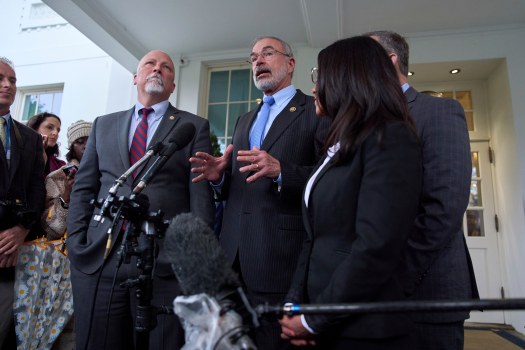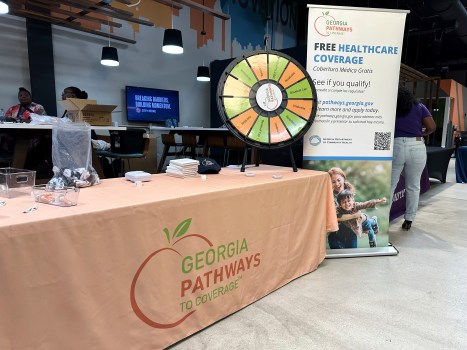Do you recall using blank Blue Books to take tests? They’re back, then.
Blue Book sales to educational institutions looking to prevent the use of chatbots like ChatGPT for tests are on the rise, according to a company named Roaring Spring Paper Products. No phones, applications, or screens are allowed throughout the exam, and the blank books are distributed at the start. The company’s windfall is the most recent development in a long-running discussion concerning the use of tools in place of developing analytical and reasoning abilities.
In the 1960s, when we were science and engineering students, we learned how to use what were known as slide rules, which were the forerunners of calculators.
Smart calculators that could perform intricate computations quickly appeared. That made solving trivial issues easier, but knowing when and how to employ these devices changed the strategic goalposts for more complex calculations. To put it another way, the true difficulty was accurately identifying the issue. The intellect has to do that, and skill with tools was no replacement.
When the answer is all that matters, being able to utilize ChatGPT or another chatbot effectively is only a replacement for study, writing, or analysis. However, because it prevents pupils from gaining knowledge and developing their analytical abilities, it is officially and academically regarded as cheating in schools. For certain jobs in the workplace, simply coming up with a suitable solution could be enough. But how many people will succeed as ChatGPT jocks compared to those who are proficient in Microsoft Word or Excel?
Considering the relatively recent developments in schooling, this evolution is hardly surprising. How and why did anyone ever believe that the best way for a teacher to deceive kids is to praise a student who didn’t respond that two and two equals four? As ChatGPT is pushed with increasingly complicated tasks, no error of this basic sort will arise, but will today’s pupils be able to recognize and fix the faults or subtle misdirections that do occur?
Today, that could seem improbable. After all, the majority of individuals accept the poor grammar suggestions made by Microsoft Word.
Our educational system is becoming less and less focused on the fact that the best inventions will still come from human minds that have been taught, whether or not supercomputers and chatbots are used. Diplomas are increasingly being used as participation awards. Not everyone can succeed in honors classes, thus they are deemphasized.
America’s greatest and brightest ideas must be challenged and nurtured if it is to continue to thrive and improve the lives of its citizens. The critical mass of innovation will eventually move abroad if our core demographic of intelligent people keeps declining. Let’s pull out the Blue Books, then.
Relational databases were co-invented by Andrew I. Fillat, who worked for information technology and venture capital firms. The American Council on Science and Health has named Henry I. Miller, a physician and molecular biologist, its Glenn Swogger Distinguished Fellow.












